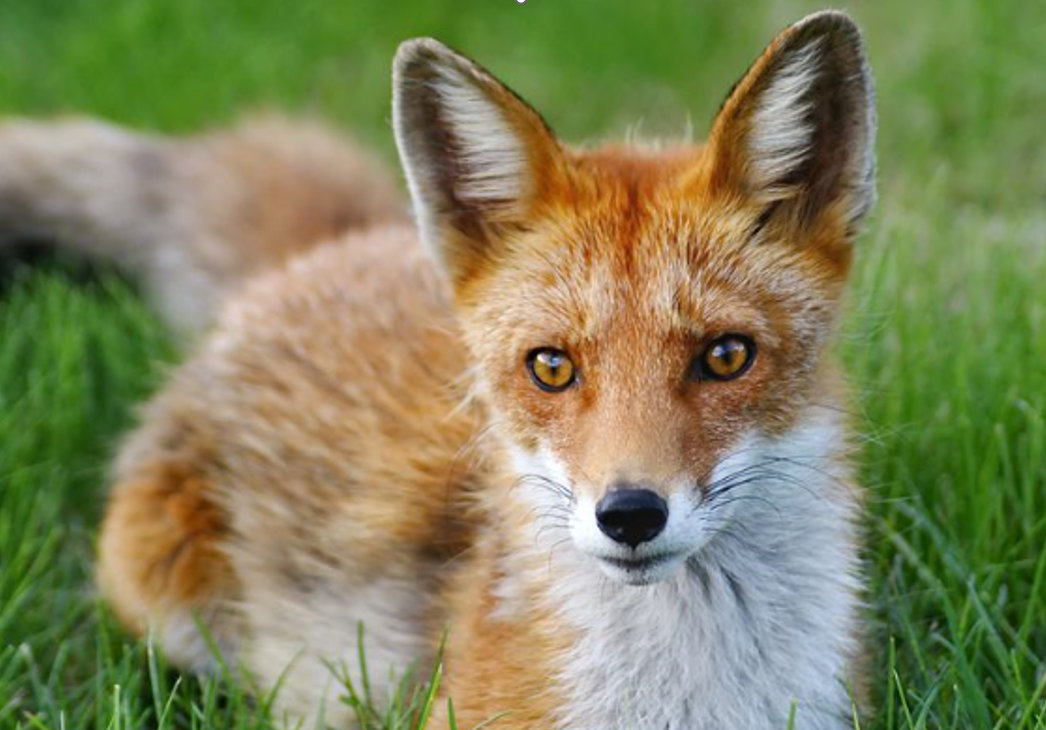Adapt or go hungry
I was enjoying a video the other day of a fox strolling up Grafton Street. A cheeky lad, I thought, as he turned toward Dawson Street, when my mind wandered to Marco Pierre White, but I digress. He was clearly taking advantage of the opportunity to hunt in a new environment, without the risk of being himself hunted. Good for him, I thought. Then I started to question the traditional reputation of this animal. You know, the version we all got in primary school. Cunning and sly; ever the trickster. He would take the eye out of your head.
That’s not what I see now. I see an animal seizing an opportunity to survive and thrive in an environment that has changed so much for him, where he has been forced to adapt or lose. I see intelligence and bravery and resourcefulness, the most adaptable of all our native animals, a creature who can equally make his home in the woods or in the streets. Foxes are extremely versatile in their habitat and food type. They simply change when they need to. They take advantage of the situation in front of them in the knowledge that, if they don’t grab it with all four paws, they will lose the opportunity. Foxes are not sly, and they are not aggressive animals (outside of the breeding season). They are solitary, but often live in overlapping territories and have been observed to acknowledge other foxes they know when they pass them in the wild. They co-exist, they adapt, they thrive.
Adaptation is defined as a process of change by which an organism or species becomes better suited to its environment. It is a process of reallocating your attention and effort to enable you to make the best of the environmental conditions in which you find yourself. Adaptability is the key to survival according to Charles Darwin. His theory of evolution is based on the proof that adaptations will always arise from impossible situations. Environments change. That’s life. To be able to survive in a new environment an animal must adapt. Darwin’s survival of the fittest refers to those individuals and species who adapt the fastest and the best, those who have the ability to accept the inevitable and to make the most of the existing conditions, however challenging. Adaptation means figuring out how to thrive.
On the Origin of the Species by Means of Natural Selection was the culmination of Charles Darwin’s life’s work. Published in 1859, it still resonates gold. He famously said “it is not the strongest of the species that survives, nor the most intelligent, it is the one that is most adaptable to change, that lives within the means available, and works cooperatively against common threats”. This seems so clear to the fox, yet not always so clear to us. There is only one way to survive and thrive when circumstances are out of your control and for which you are unprepared – adapt. We have all heard it said, when you can’t change the direction of the wind, adjust your sails. Maybe we all need to be more like the Grafton Street fox, a born survivor with a bushy tail.
